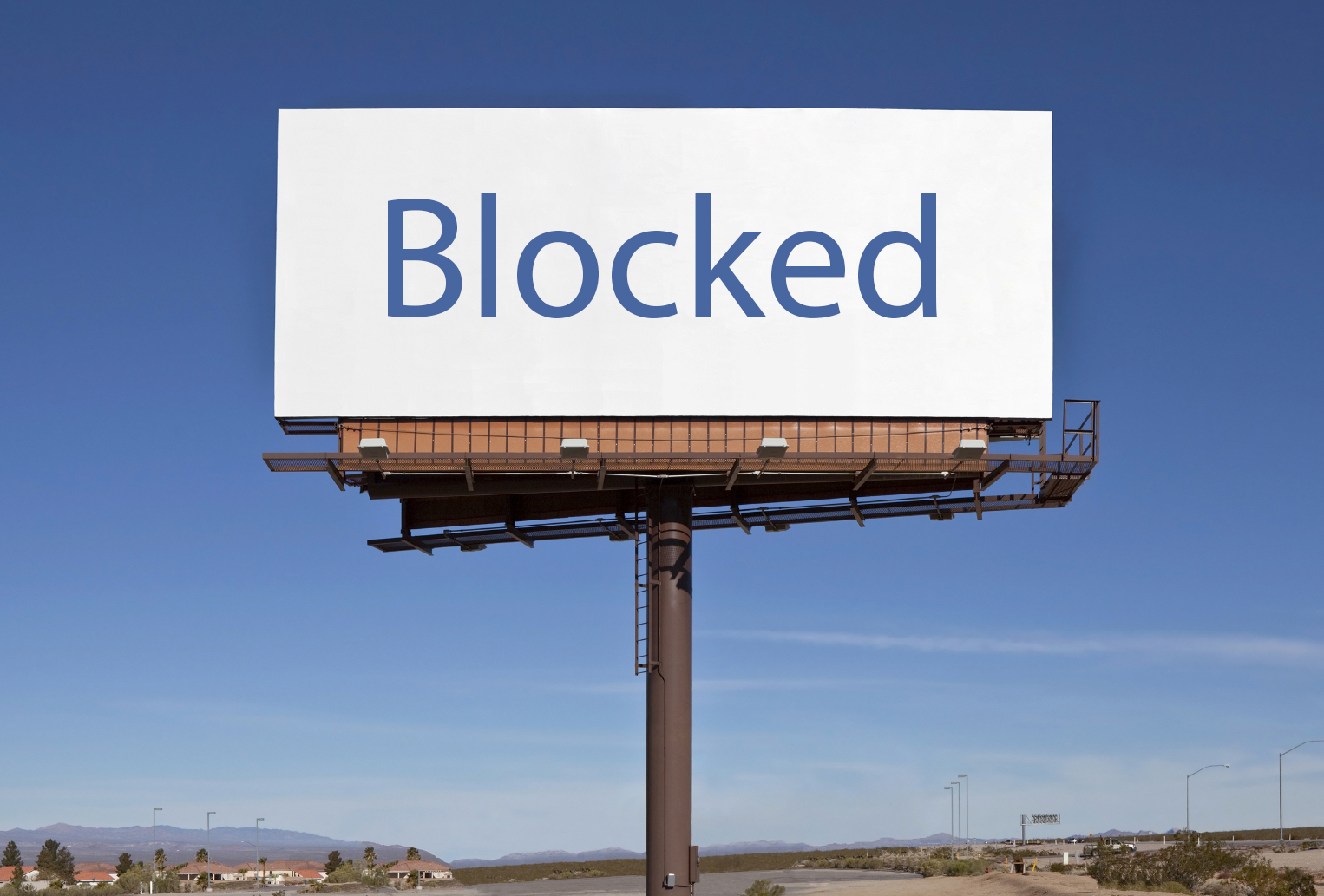What Happened
Israel-based ad-blocking startup Shine has announced it will be pivoting to a new business model. Instead of partnering with mobile carriers, such as Three in Europe and Digicel in the Caribbean, to block display ads and in-app native ads at a network level, the company will rebrand as Rainbow and shift its focus to verify ad quality against industry standards such as LEAN. Ads that pass Rainbow’s verification will be then digitally stamped and pass along to customers of partnering carriers, who have opted in for Rainbow’s ad-filtering service.
What Brands Need To Do
The rebranding of Shine points to an interesting development in the ad-blocking landscape. A recent survey shows that over 40% of millennial internet users worldwide has an ad blocker enabled. Yet, despite the prevalence of ad-blockers among younger demographics, the sudden pivot seems to signal the difficulty that Shine must have come to face by going against all mobile advertisers. Shifting its business model allows the company more room to expand its business and remains a player in the mobile ad-blocking space.
Regardless of the changes on Shine’s part, widespread aversion towards subpar ad experience caused by intrusive and slow ads remains the same among mobile users. Therefore, brands need to take a proactive approach to deal with this growing aversion. One good way to do so is to explore new formats of digital ads, such as sponsoring online events and livestreams and producing branded content.
Source: AdWeek




